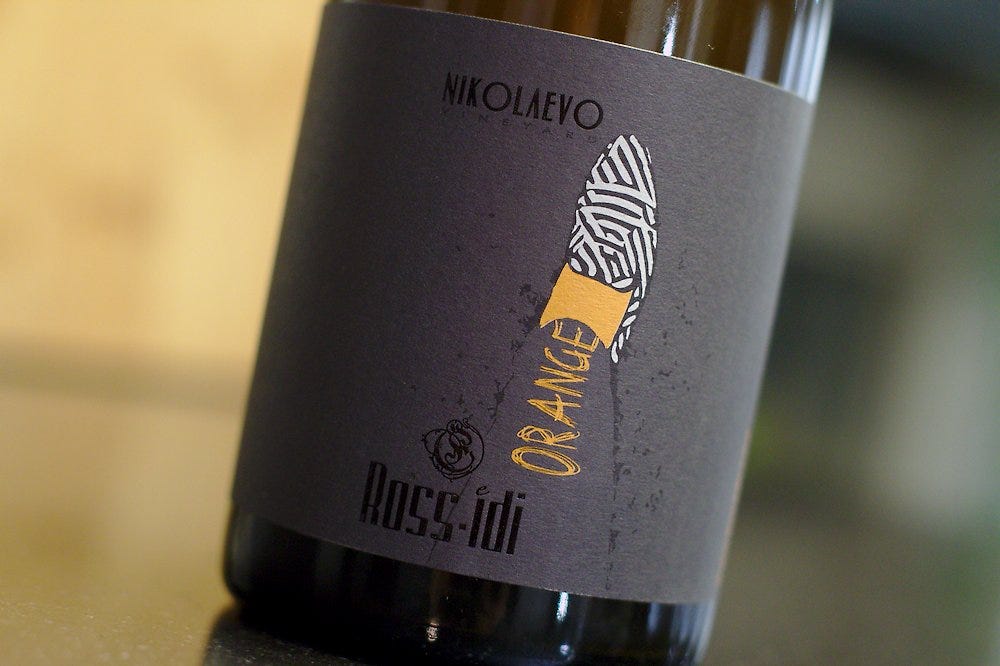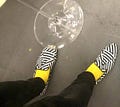Work in progress: Rossidi Orange 2015
Rossidi winery is the brainchild of Edward and Rosie Kourian, who make wine together with their friend and consultant winemaker Peter Georgiev. Rossidi are one of a very few producers in Bulgaria who are daring, playful and savvy about what 21st century c
(Almost) every week, I select an orange wine (a white wine made with extended skin contact) that grabbed my attention. View the whole series here.

There's an ongoing discussion (sometimes on this blog) about whether the term "orange" will ever catch on as a mainstream idea. Over the last 24 months or so, I've seen winemakers in various corners of the glo…
Keep reading with a 7-day free trial
Subscribe to The Morning Claret to keep reading this post and get 7 days of free access to the full post archives.



